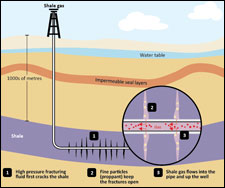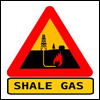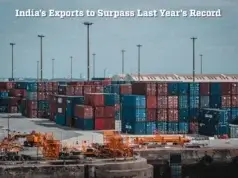 The Association of Oil and Gas Operators (AOGO) have expressed concerns over the proposed shale gas policy by the Central government. In a letter to the centre, AOGO mentioned that the proposed shale gas policy seeks to limit the permission to work for Shale Gas exploration only in the National Oil Companies.
The Association of Oil and Gas Operators (AOGO) have expressed concerns over the proposed shale gas policy by the Central government. In a letter to the centre, AOGO mentioned that the proposed shale gas policy seeks to limit the permission to work for Shale Gas exploration only in the National Oil Companies.
The AOGO stated that all the operators working under PSC have a right, both under PSC as well as PEL/PML, to explore Shale Rock and produce hydrocarbons from it. There is no restrain on carrying out any petroleum activity. Any artificial restriction shall artificially create a distinction on hydrocarbon molecules depending on the particular rock that it comes from. This is contrary to existing policies, and is not desirable. The upstream industry is strongly opposed to it.
In addition, by granting this right to only NOCs, this policy shall tilt the playing field regarding access to natural resources. It will not maintain the level as envisaged under petroleum policies, and the assurances given to private sector operators. This limits the upside available to private sector players and will also limit the additional hydrocarbons India is putting under exploration.
Further, AOGO stated that certain known concerns and delaying factors remain unaddressed in the proposed policy. It mentioned that the major drivers for creation of a new policy for Shale Gas include setting processes for quick conflict resolution between various policy executions and setting mechanisms for reasonable return. It is known that there are going to be major issues on environment, land acquisition and water utilization and disposal. Even for current exploration, these long-winded issues delay the project execution. The new land acquisition Act shall make the situation only worse. In Shale gas projects, these issues change by an order of magnitude. It is essential that processes for quick resolution of these issues be put in place, to enable early work and successful execution, the association asserted.
AOGO also pointed out that Shale hydrocarbons have high initial costs, as services required are more intensive and quite expensive. These also require a higher density of wells. The production profile shows a rapid decline in the first year or two with a long narrow tail. As a result, the returns profile requires adequate financial incentive upfront to make it attractive. It noted that the existing cost recovery may not adequately address the issue.
The Association stated that these issues have not been addressed in the proposed policy and hence requested the Central government to consider these in the process of finalizing the Policy.











